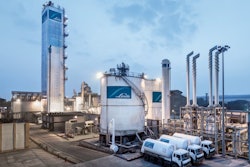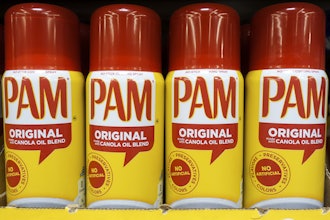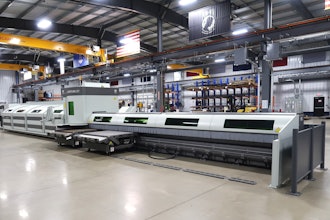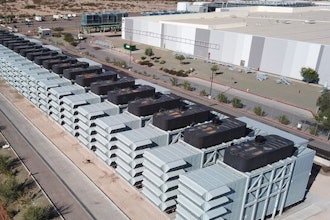
 This former St. Louisan is beaming with pride at the new announcement that the STL Rams’ Edward Jones Dome will be serving sustainably-manufactured hot dogs and burgers this upcoming football season. In a fun twist, last year’s starting Rams’ linebacker Will Witherspoon is the owner of the AWA-certified Shire Gate Farm in Owensville, MO, whose grass-fed meats were available to fans when the Vikings played the Rams in St. Louis on Sunday.
This former St. Louisan is beaming with pride at the new announcement that the STL Rams’ Edward Jones Dome will be serving sustainably-manufactured hot dogs and burgers this upcoming football season. In a fun twist, last year’s starting Rams’ linebacker Will Witherspoon is the owner of the AWA-certified Shire Gate Farm in Owensville, MO, whose grass-fed meats were available to fans when the Vikings played the Rams in St. Louis on Sunday.
The St. Louis Rams’ concessions and retail partnership with Delaware North Companies Sportservice has resulted in a plethora of exciting new ideas, including the lowest prices for beer in the NFL at $4.50, a cheap and nutritionally balanced Kids Meal, items from iconic St. Louis restaurants like Sugarfire Smoke House, Strange Donuts, Crown Candy Kitchen, and Gus’ Pretzels, and now responsibly-sourced, grass-fed, local meat options from Shire Gate Farm throughout the stadium’s concession areas.
Between the DUIs, domestic abuse scandals, and drug test failures, the NFL has been in the headlines a lot lately. The St. Louis Rams’ steps hopefully reveal a shift in the organization. While the NFL is a massive corporation, it is essentially a football league, and football is so wonderful because it revolves around fitness, community, and fun. By providing concessions that are health-conscious, planet-conscious, and affordable from sources that are family-owned and local, the Rams are doing their part to remind football fans what it’s all about.
According to Witherspoon, "when the bigger players in the food industry raise their game, and start sourcing local, sustainably-produced food in this way, it can lay the foundations for real change--not just at sports venues, but everywhere." With many large American food manufacturers tied up in the recent expired chicken fiasco, it is about time we started caring more about producing, distributing, and consuming more responsible foods.
Full disclosure—in addition to being a St. Louisan, I am also invested in this issue because I am a vegetarian with an interest in environmentalism. Shire Gate Farm maintains high animal welfare standards and environmentally-friendly practices, and it doesn’t use antibiotics or hormones. This commitment to manufacturing “great-value, wholesome food as naturally as possible” is “our way of showing customers that we really are doing the right thing by our animals, and by the environment,” says Witherspoon.
Looking forward to this upcoming football season, doesn’t it sound more fun to watch a football game when your beer is cheap, your hotdog is sustainably-manufactured, and your pretzel is from your favorite pretzel shop that has been owned by the same local family since 1920?
But these issues don’t just apply to food manufacturers and football fans. In the Manufacturing Leadership Journal, Jerry Jasinowski and Sanya Carley report a “growing interest in sustainable manufacturing,” including such practices as “the creation of manufactured products with processes that minimize negative environmental impacts and conserve energy and natural resources, while still maintaining economic competitiveness, value, and safety for employees, communities, and consumers.”
Because sustainable manufacturing emphasizes conservation of resources like water and other energy sources, redoubling efforts towards environmentally-friendly manufacturing could contribute to lower costs by forcing CEOs to examine the company’s consumption. Finding ways to decrease plastic packaging or limit the distance of shipping for supplies are also goals that align with both more sustainable and more financially-efficient practices.
Jasinowski and Carley report that this is not just a fad. They cite the EPA’s recent survey, where “two-thirds of nearly 3,000 company officials surveyed responded that ‘sustainability was critically important to being competitive in today’s marketplace.’” An interest in greenness has clearly expanded beyond the niche environmental groups, and companies that move towards sustainability could diminish wasteful spending while strengthening their reputation and building the trust of the consumer.
Is local sourcing and manufacturing the wave of the future for major organizations? Comment below or email [email protected].






















